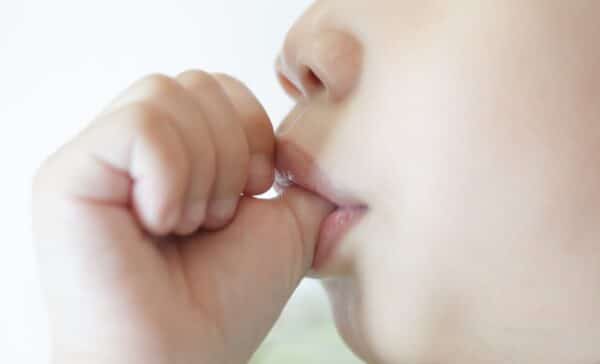
Thumb-sucking is a natural reflex that provides comfort and security for many young children. While it may seem harmless, it’s important for parents to be aware of the potential impact of prolonged thumb-sucking on their child’s dental hygiene and development. In this comprehensive blog post, we will delve into the reasons why thumb-sucking can be detrimental to your child’s oral health and explore effective strategies to help break the habit.
Understanding the Consequences of Thumb-Sucking
Prolonged thumb-sucking can lead to various dental issues, including:
Malocclusion: The pressure exerted by the thumb can disrupt the natural alignment of your child’s teeth, leading to bite problems. Common issues associated with prolonged thumb-sucking include an open bite (where the front teeth don’t meet when the back teeth are closed) or an overbite (where the upper front teeth excessively overlap the lower front teeth).
Speech Development: Thumb-sucking can impact speech patterns and articulation. The continuous presence of the thumb in the mouth may affect tongue placement and muscle development, leading to speech difficulties and improper pronunciation.
Dental Hygiene Challenges: The constant presence of the thumb in the mouth creates a moist environment, which can increase the risk of bacterial growth, tooth decay, and gum disease. Bacteria thrive in this environment, and the resulting tooth decay and gum problems can lead to long-term oral health issues if not addressed.
Tips to Help Your Child Stop Thumb-Sucking
Breaking the thumb-sucking habit requires patience, understanding, and consistent effort. Here are some helpful strategies to support your child in quitting thumb-sucking:
Positive Reinforcement: Praise and reward your child when they refrain from thumb-sucking, providing positive reinforcement for their efforts. This will encourage them to replace the habit with more desirable activities.
Distraction Techniques: Engage your child in fun and stimulating activities that occupy their hands and mind. Encourage them to explore hobbies, sports, or creative pursuits that divert their attention from thumb-sucking.
Establishing Routines: Create consistent routines and reminders to help your child become more aware of their thumb-sucking habit. For example, you can use reminders like special wristbands, stickers, or a gentle reminder phrase to help them remember not to suck their thumb.
Gentle Reminders and Explanation: Talk to your child about the potential effects of thumb-sucking on their teeth and overall oral health. Use age-appropriate language to explain why it’s important to break the habit and the benefits of healthy dental hygiene. Help them understand the positive impact of quitting thumb-sucking and encourage their cooperation.
Seeking Professional Guidance
If your child struggles to overcome thumb-sucking or if you notice significant dental issues, it’s crucial to consult a pediatric dentist. They can provide professional guidance and tailored advice to support your child in breaking the habit and maintaining excellent dental hygiene. In some cases, the dentist may recommend a habit-breaking appliance or other interventions to aid in the process.
As parents, we have a significant role in promoting healthy dental hygiene habits for our children. Understanding the potential consequences of thumb-sucking and implementing effective strategies to break the habit are essential for their long-term oral health. Remember, breaking the thumb-sucking habit requires patience, consistency, and positive reinforcement. By providing support, encouragement, and professional guidance when needed, we can help our children achieve optimal dental health and set them on the path to a lifetime of healthy smiles!
For questions and/or concerns with your child’s oral health, give us a call at 972-724-1617 or click here to request an appointment online.

Comments are closed.